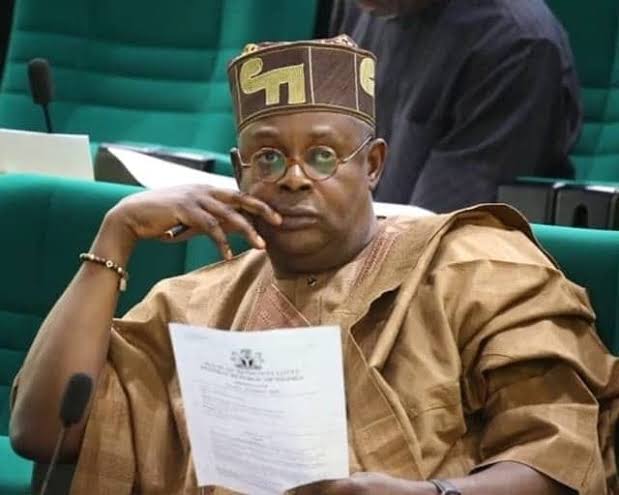Faleke empowers farmers in Kogi State with agricultural inputs worth more than N150 million, a gesture that has sparked hope among rural communities. The initiative is part of his wider commitment to food security and sustainable livelihoods, reflecting his belief that strong agricultural foundations drive prosperity. During the training and distribution exercise in Lokoja, Dr. Tunde Arosanyin, consultant to Faleke’s Agricultural Project, explained that the programme is tailored to uplift farmers and ensure long-term productivity.
The project, launched in June, was designed with partnerships to amplify its impact. Collaborations with the Federal College of Fisheries and Marine Technology in Lagos and Bright-tech Resources Limited provided technical support and ensured smooth execution. This joint effort guaranteed that farmers received not only valuable inputs but also the knowledge required to maximize their use. Such a holistic approach highlights Faleke’s understanding that agriculture thrives when resources and education go hand in hand.
Many farmers in Kogi have struggled with low yields, inadequate inputs, and limited financial capacity. Rising production costs and unpredictable weather patterns have only compounded these challenges. Against this backdrop, Faleke’s intervention has been warmly received. Beneficiaries expressed relief that someone recognized their struggles and provided tangible assistance. These inputs, ranging from seedlings to fertilizers, are expected to transform harvests and incomes in the coming season.
Training formed a crucial component of the exercise. Beyond distribution, farmers were guided on modern techniques, resource management, and market opportunities. This aspect of the project is vital because sustainable success depends not only on materials but also on knowledge. When farmers adopt better practices, they reduce losses and increase their chances of long-term profitability. Faleke’s team ensured the training was practical, relatable, and focused on the realities farmers face daily.
The consultant emphasized that the vision extended beyond short-term relief. The project aims to create a self-sustaining cycle where empowered farmers reinvest in their farms and inspire their communities. By boosting food production, the initiative contributes to tackling hunger while opening economic opportunities. In a country where agriculture employs millions, such targeted empowerment can ripple through households and local markets, improving livelihoods at scale.
Observers noted that this intervention also reflects Faleke’s larger political philosophy. His approach shows a focus on grassroots impact rather than symbolic gestures. By prioritizing agriculture, he tapped into a sector that directly affects daily life in Kogi State and across Nigeria. The initiative therefore positions him as a leader attuned to the needs of ordinary people. It reinforces the idea that public representatives can catalyze real transformation through intentional programmes.
Looking forward, the challenge lies in scaling and sustaining this momentum. If replicated across other regions, such interventions could significantly enhance national food security. Moreover, consistent partnerships between political leaders, academic institutions, and private firms could reshape Nigeria’s agricultural landscape. Faleke’s agricultural project in Kogi therefore stands as an example of what collaboration and commitment can achieve.
Faleke empowers farmers not only with inputs but with renewed hope. His intervention demonstrates that when leaders invest in agriculture, they invest directly in people’s futures. For Kogi’s farmers, the promise of improved yields, stronger incomes, and greater resilience now feels closer than ever.





